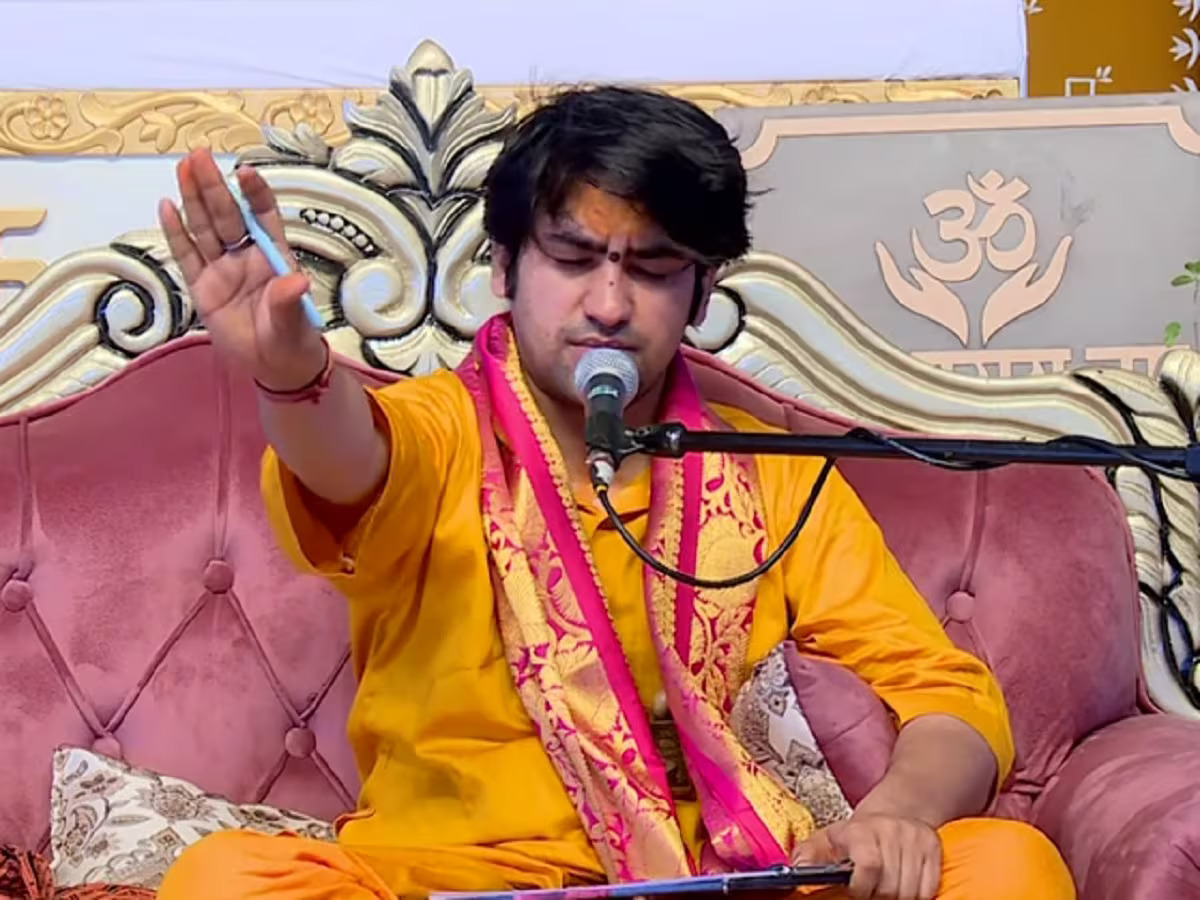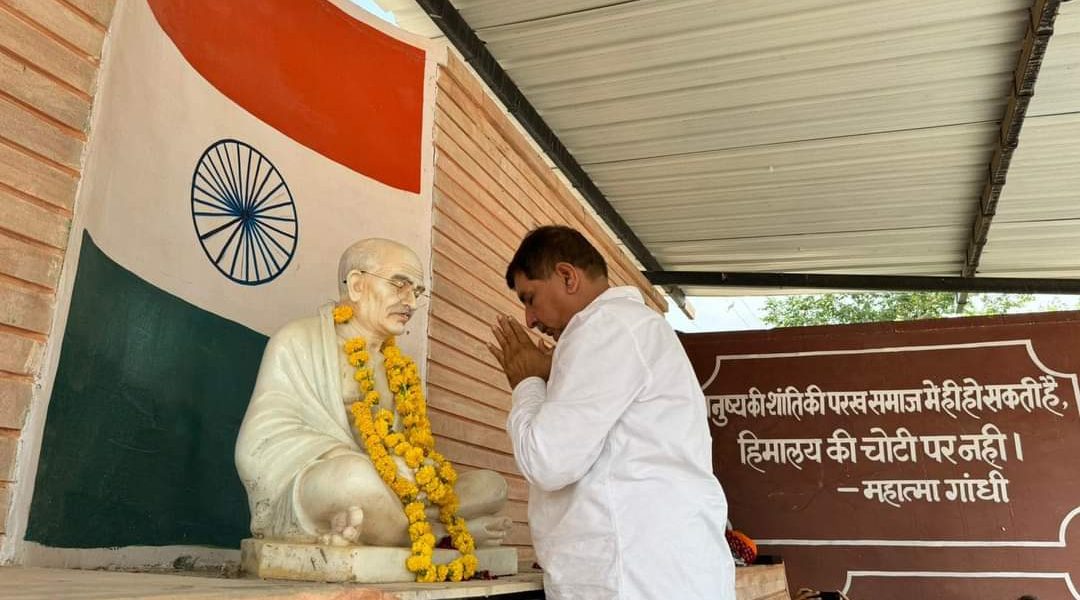On Tuesday, Prime Minister Narendra Modi argued for a Uniform Civil Code while speaking at an election rally in the state of Madhya Pradesh.
The UCC is a proposed set of laws that would apply equally to all Indians replacing the current system of personal laws that govern matters such as marriage, divorce, alimony, child custody and inheritance. Currently, the law on these matters takes from a mixture of religion as well as local cultural norms based often on caste, tribe and/or linguistic community.
Although the Hindu Right in India initially opposed reform of Hindu personal law, once it lost this battle to Nehru and Ambedkar, it switched course and adopted as its plank the end of personal law altogether.
Part of this stemmed from its support for a unitary-style state in India. However, part of this also arose from misinformation and bias on polygyny and birth rates among Muslims. This did not take into account that India actually has more polygynous Hindus than Muslims, the fact that polygyny, by itself, has little relation to birth rate or that Muslim birth rates are falling. As part of this line of thought that links personal law with population growth, reports indicate that Uttarakhand’s UCC panel is considering a China-style “two-child policy”.
Why has Modi not implemented UCC yet?
Along with the special status of Kashmir and a temple in Ayodhya, the UCC is a core ideological plank for the Bharatiya Janata Party. Which, of course, raises the question: Modi in his nearly decade-long stint in power has implemented two of these. Yet, the UCC has remained behind only as political rhetoric. Why has no BJP government across India – from the Hindutva lab of Gujarat to the Modi-led centre – implemented a UCC yet?
The first problem, of course, is that no one really knows what a UCC is. In spite of more than seven decades of debate on this, there is no concrete proposal for a uniform civil code that could be examined and then debated. The Constitution includes an exhortation to implement a “uniform civil code” but beyond that there is little. Further, India’s founding fathers made sure to include it as part of the non-justiciable directive principles, which means the article has no force of law.
Sometimes, advocates of a UCC will point to Goa and argue that the Portuguese Civil Procedure Code, 1939 could be a template. Except, ironically enough, that law too applies differently to different communities. In fact, it even allows for a Hindu man to be bigamous given the law code tries to incorporate traditional religious law.
Wide spread opposition
Over such a long period, why have there been no drafts for a UCC? The lack of one points to just how complex any India-wide uniform civil code could be. Much of the Hindutva argument focuses on the recalcitrance of Muslims to a uniform code. This, by itself, is not untrue even as, ironically, Muslim personal law, in its present form, is very much a colonial creation and Muslims across the world live under a varying patchwork of personal laws…
This story was originally published in scroll.in. Read the full story here





